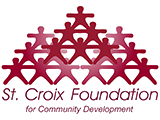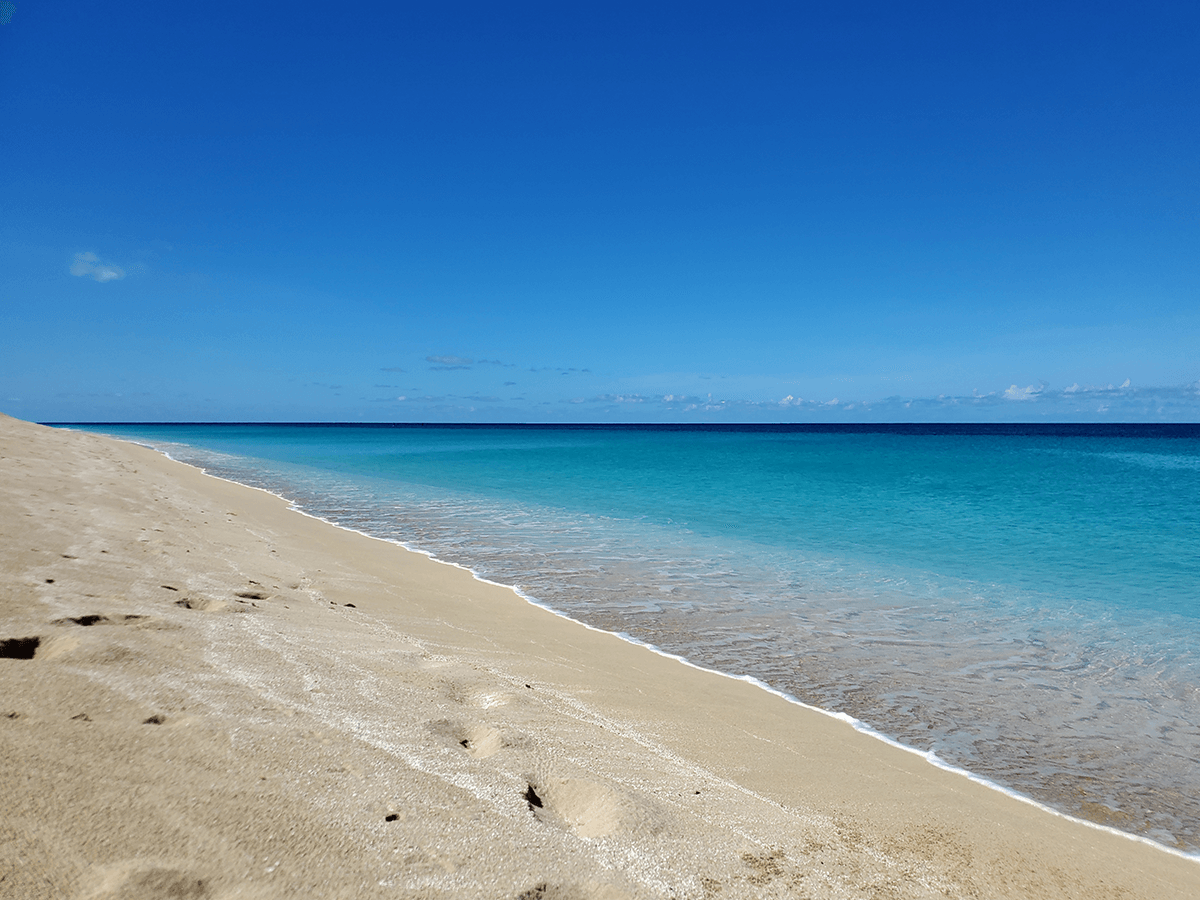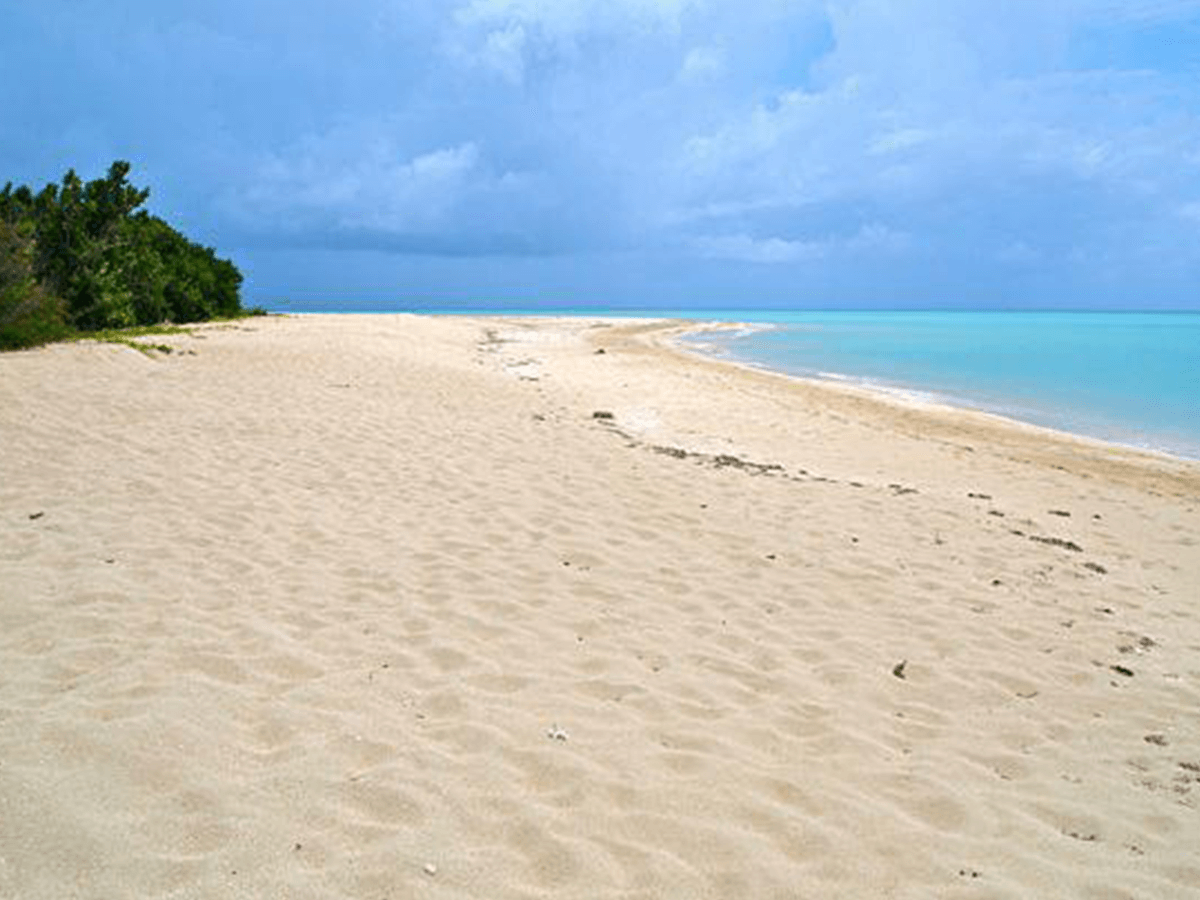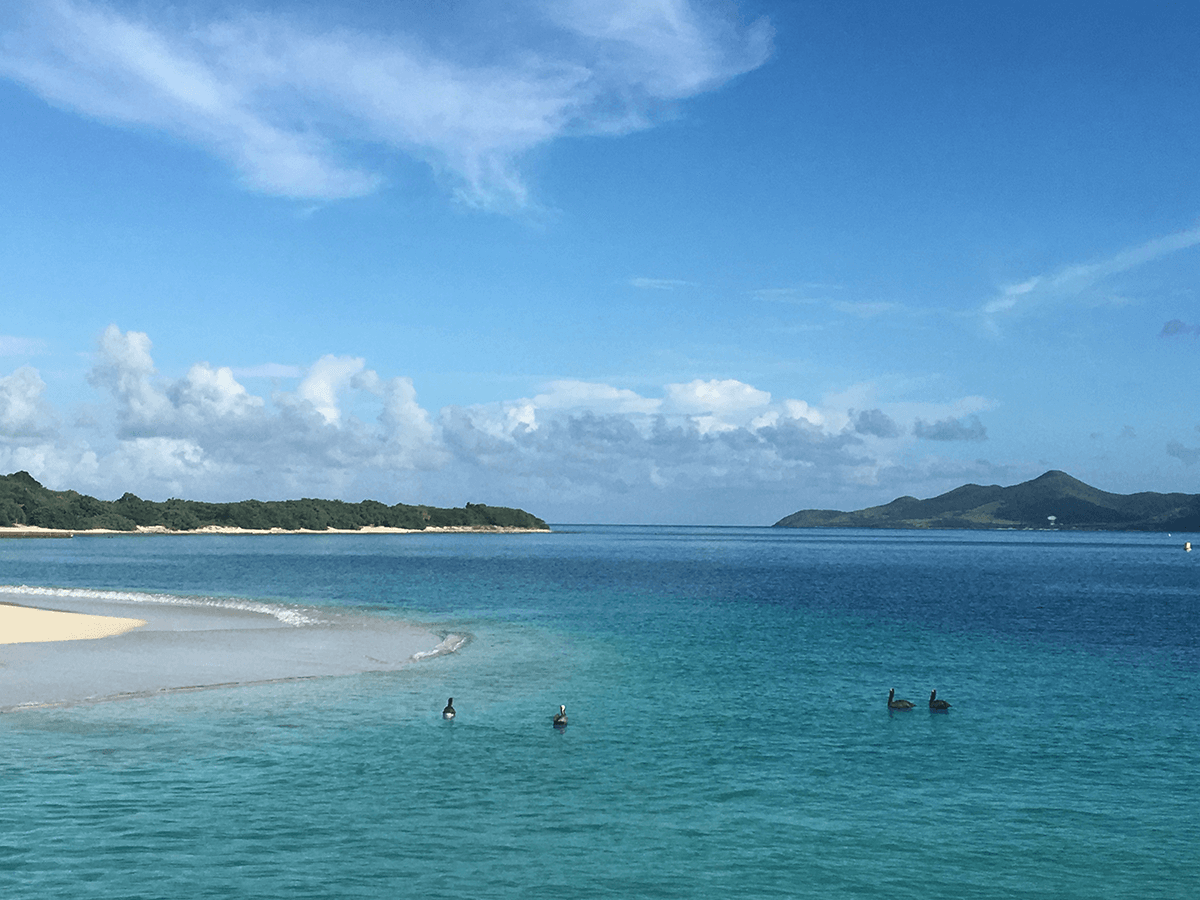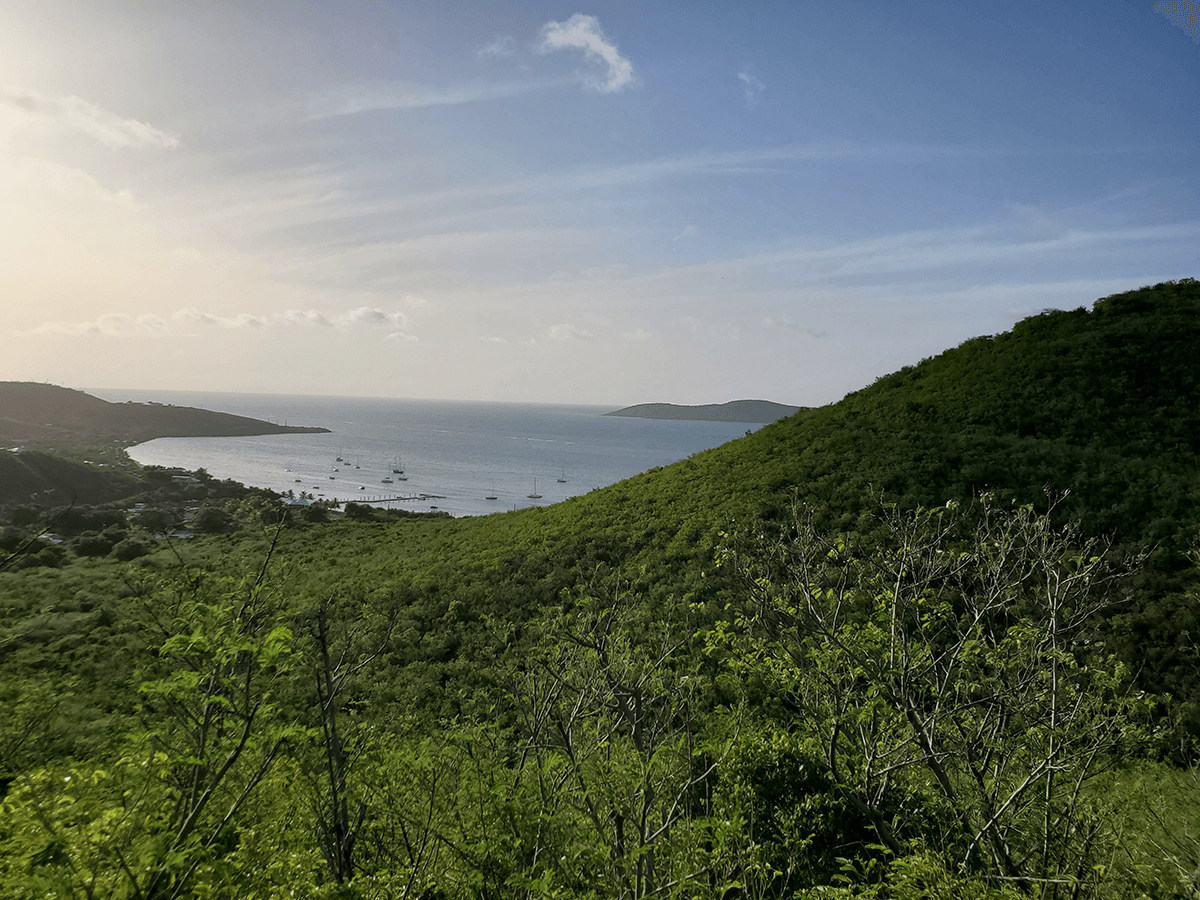About our Place
While St. Croix Foundation serves the entire U.S. Virgin Islands, our place of operation is St. Croix, the largest of the United States Virgin Islands. St. Croix is a beautiful island of 84 square miles and home to just over 41,000 people. According to the 2020 Census, the territory’s entire population, including residents of neighboring St. Thomas, St. John, and Water Island, is estimated at 87,146. With one-third of children living below the federal poverty line and one of the highest per-capita murder rates in the U.S., the Virgin Islands on a whole faces challenges similar to the most severely disenfranchised rural and urban communities of color nationwide.
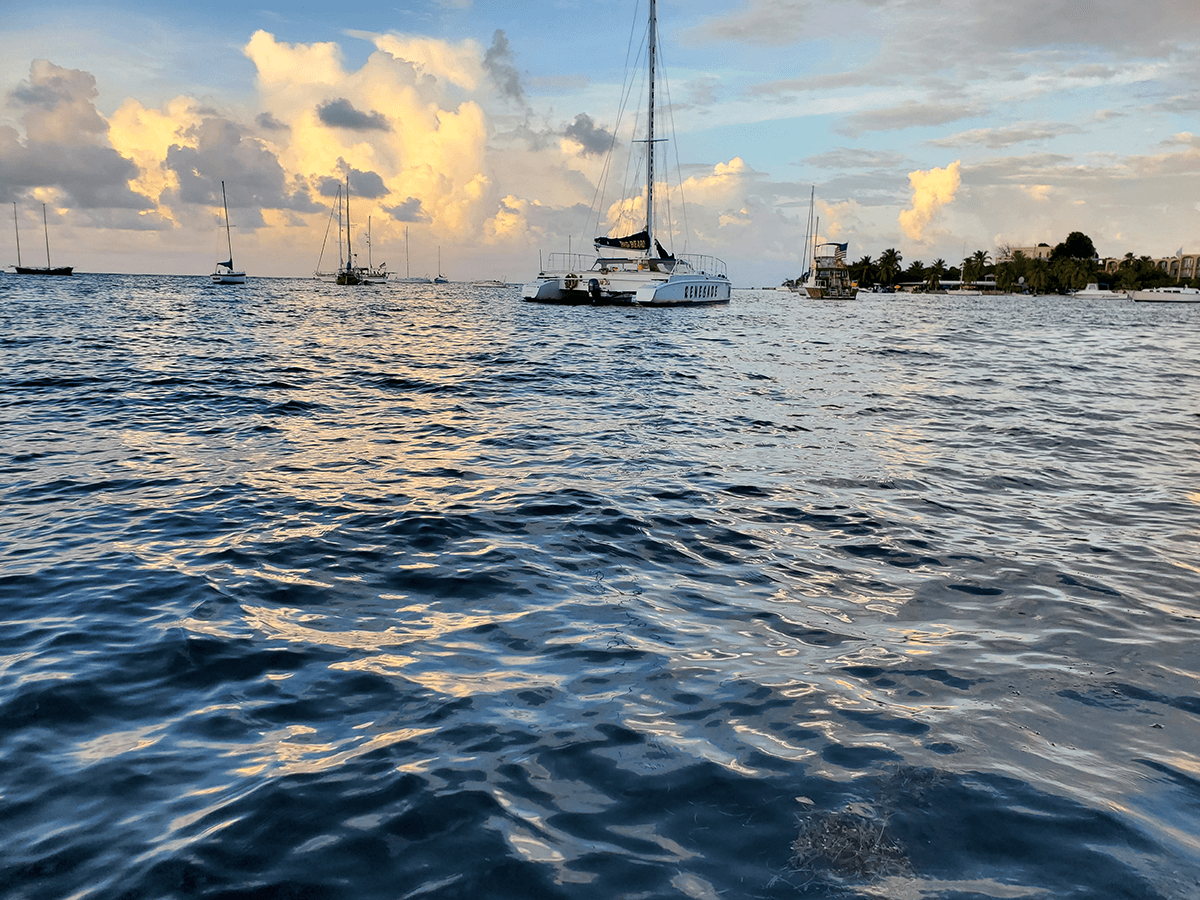
Our Back Story: Colonialism in the Caribbean
As a U.S. colony where seventy-six percent of residents are Black, our challenges are compounded by a history of colonialism, environmental inequities, and geographic isolation. In reality, the breathtaking sunsets and crystal-clear waters, for which the Caribbean is known, cannot diminish the stark realities that permeate our community.
The United States Virgin Islands actually has a unique history that is rich in culture, resilience, and colonial oppression. The island of St. Croix, in particular, has a layered historical past with ties (as a colonial possession) to 7 countries, including Spain, England, the Netherlands, Malta, France, Denmark, and the United States.
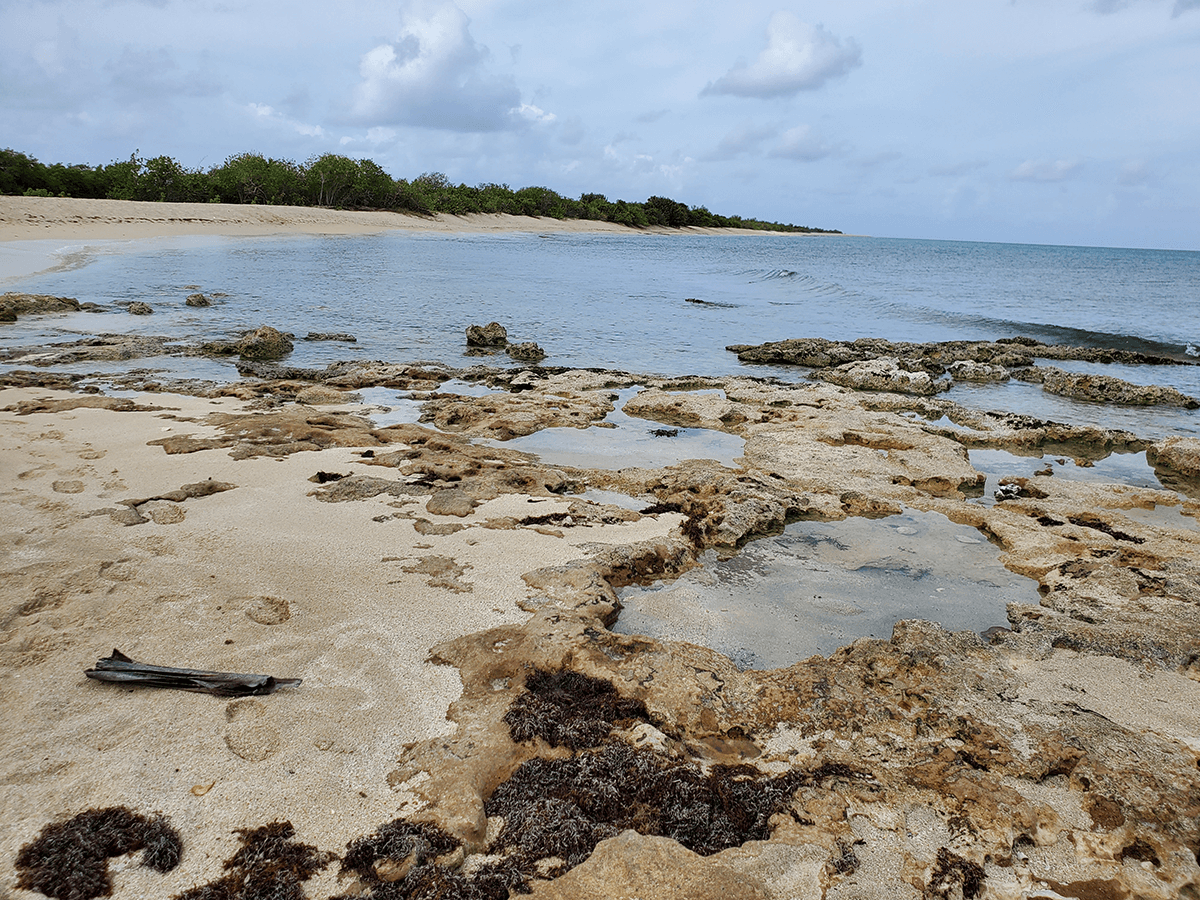
While the influence of colonization is reflected in the architecture of our buildings and the diversity of the people who call the Virgin Islands home, in many ways, the multitude of our natural resources has been at the root of the fight for self-determination. In fact, once considered the ‘breadbasket of the Caribbean’, St. Croix made Denmark one of the richest colonial powers in the Slave Trade because of its abundant agricultural yields.
Under Danish rule (1666 to 1917), Virgin Islanders were subjected to one of the most brutal and oppressive brands of slavery. The severity of slavery on the island of St. Croix was ultimately the impetus for a stealth blood-less rebellion in 1848 that led to the emancipation of enslaved Africans in the Danish West Indies 15 years before the Emancipation Proclamation in the U.S. In 1917, the islands (and their people) were sold by Denmark to the U.S. Government for $25 million in gold.
Vibrant Nonprofit Community – Serves as ``municipal level`` of government
% of residents are Black
Years as a U.S. Territory; No Federal Voting Rights
% of children live below the poverty line
Social Disparities Exacerbated in Modern Crisis
In September 2017, the Virgin Islands garnered international attention when the catastrophic force of two back-to-back Category 5 Super-Storms in ten days brought devastation to our community. As with Hurricane Hugo almost 30 years prior, St. Croix endured the blunt force of Hurricane Maria’s winds the day before the epic storm slammed into Puerto Rico. Punctuating both the need and neglect of the entire U.S. Caribbean, these storms presented an unprecedented myriad of calamities. More than anything, the storms highlighted the more complex issues surrounding equity and the sustainability of America’s underserved Caribbean possessions.
Today, on the island of St. Croix, almost 5 years after the storms, conditions on the ground are still perilous. Blue FEMA tarps still cover roofs and, with limited medical services, community members with health issues still have limited options for critical care. All of these already compromised systems have been further exacerbated by the whole-scale impact of the Covid-19 Pandemic.
For over three decades, St. Croix Foundation has operated under this storied backdrop, which has served as both a challenge and propellant for innovation and philanthropic leadership.
